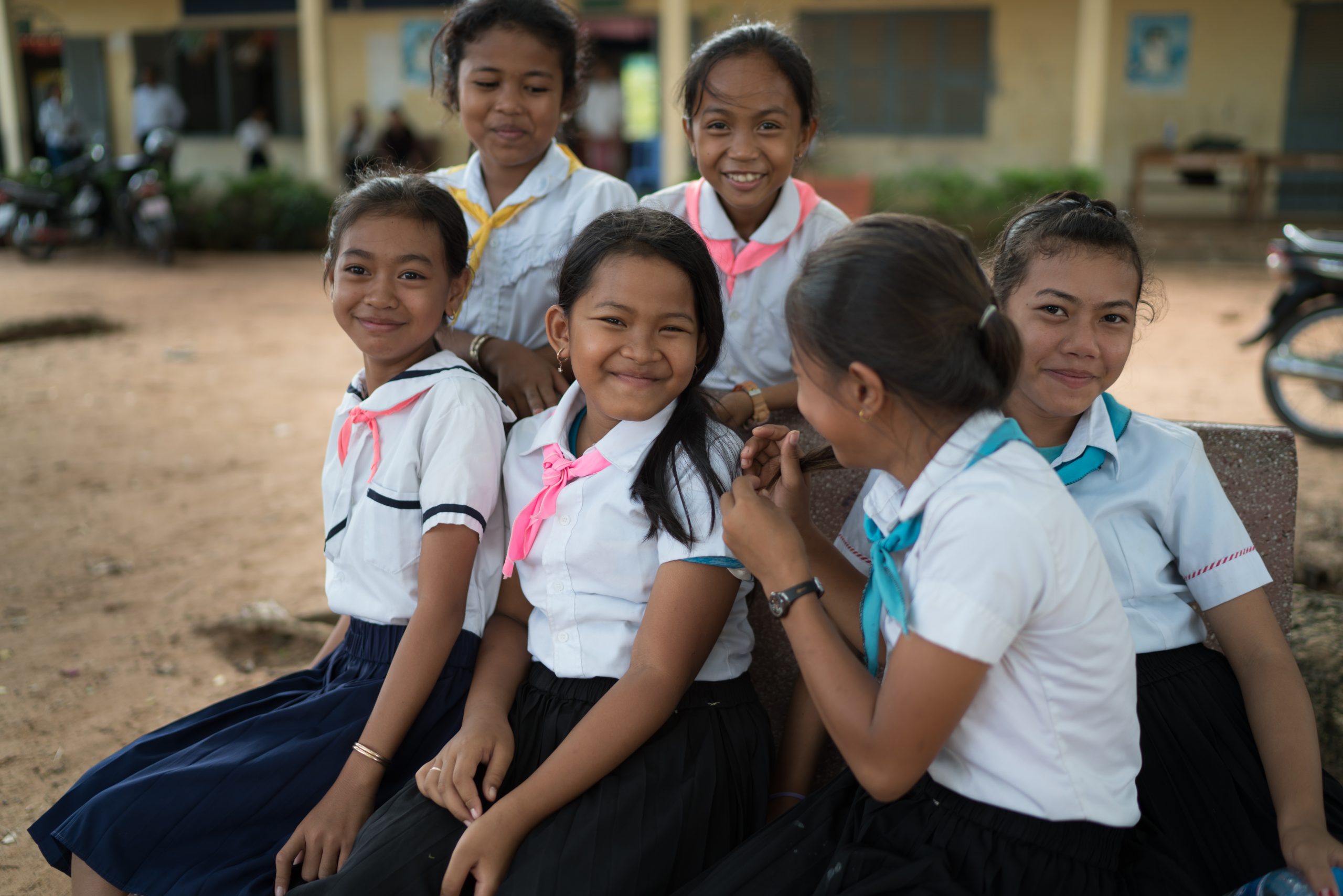
We, as part of Ahlström Collective Impact support every child’s right for quality education with Ahlström Collective Impact’s support, UNICEF can: improve the quality of education, prevent student drop-out, promote equity and inclusion, offer alternative learning opportunities for those out of school, with an emphasis on girls, promote digital learning and active citizenship and employment. Read more about the importance of education here below or here
All children have the right to go to school and learn. UNICEF is committed to ensuring that every child gets access to quality education.
SUPPORTING EDUCATION
- Education plays a key role in reducing inequality, cutting poverty rates, and strengthening societal stability
- Education contributes to a better society and sustainable development
- Without skills for a lifelong learning and active citizenship, children face greater barriers for earning potential and employment in later life
EVERY CHILD HAS THE RIGHT TO LEARN
UNICEF works around the world to support quality learning for every girl and boy. Our aim is to ensure that every child and adolescent has access to school and quality learning.
EDUCATION IS A POWERFUL INVESTMENT
- For each additional year of studies, the GDP per capita could increase by 20%.
- Each additional year of schooling could boost personal income by 10%. For girls, as much as 20%.
GOOD NEWS
Globally, education for children has taken huge steps forward during the last 50 years. As many as 90% of children around the world start school every year.
HOWEVER, THERE ARE CHALLENGES
- Schooling does not always lead to Many students fail to learn even the basic skills at school.
- The situation is the weakest for children living in Sub-Saharan Africa.
- The challenges of learning are strongly linked to e.g. poverty, long distances between home and school, low appreciation of education, gender inequality, and child marriage
- A worrying number of children – especially girls – drop out of The longer children stay out of school, the less likely they are to return.
AN ESTIMATED 1.6 BILLION LEARNERS HAVE BEEN AFFECTED BY SCHOOL CLOSURES DUE TO THE PANDEMIC
- In 2020, one out of 3 schoolchildren did not have access to any form of distance learning
- These disruptions further highlighted inequalities between children. The most vulnerable were at a particular risk of falling behind. In low- and middle- income countries, learning losses due to school closures have left up to 70% of 10-year-olds unable to read or understand a simple text, up from 53% pre-pandemic.
- Child marriages are estimated to grow by 10 million by 2030. As many as 9 million children risk facing child labour by the end of 2022
WITH YOUR SUPPORT, WE CAN
- Improve the quality of education and learning results by training teachers and producing learning materials
- Collaborate with families and communities to help them support children’s learning and prevent student dropout
- Continue our ongoing advocacy work, urging governments to prioritize and invest more in children’s education
- Promote equity and inclusion, with focus on the most marginalized children, including children with special needs
- Support science and technology learning and digital skills for girls
- Promote digital and remote learning and connect every school in the world to the internet
- Offer alternative learning opportunities for those out of school, with an emphasis on girls
- Enhance the quality of early education and improve access to pre-primary education
- Promote active citizenship, employment and internship opportunities for young people
- Collaborate with partners to develop educational systems with innovative solutions that help boost the learning for every child
